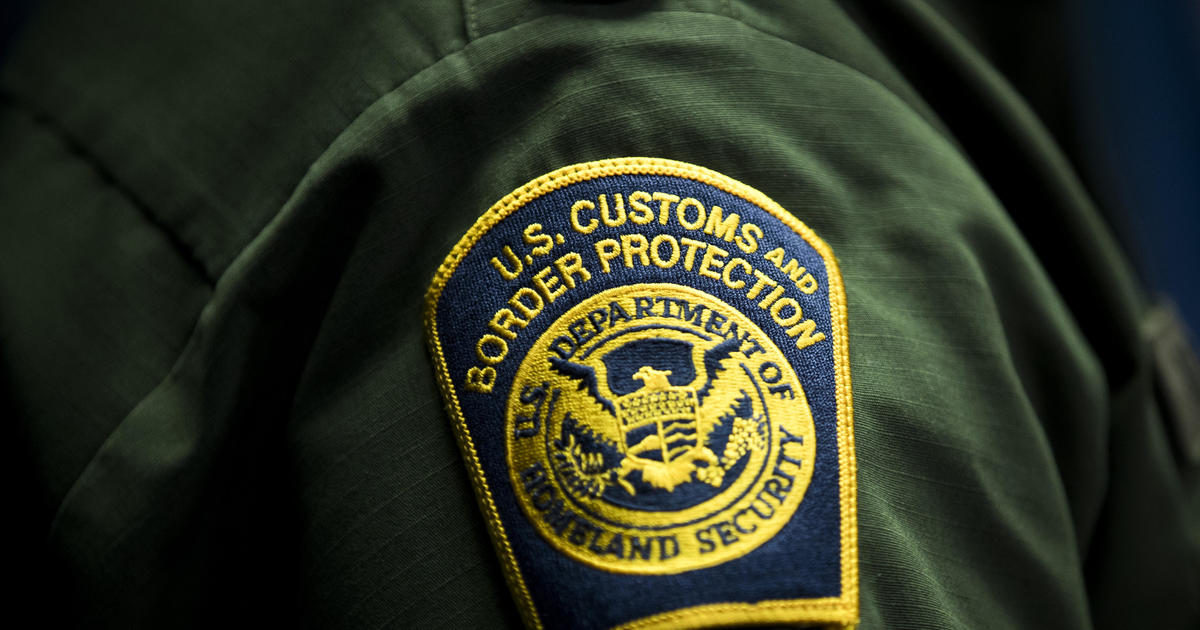MoreBack to News Headlines


U.S. immigration agencies drop use of terms like "illegal alien" and "assimilation"
CBSN
The leaders of the two U.S. immigration enforcement agencies on Monday directed staff to use words like "noncitizen" and "integration" instead of "alien" and "assimilation" as part of a Biden administration effort to discard immigration terms viewed as dehumanizing, according to memos obtained by CBS News.
Troy Miller and Tae Johnson, the interim heads of Customs and Border Protection (CBP) and Immigration and Customs Enforcement (ICE), issued separate memos outlining new guidelines governing the use of certain immigration terms in internal and external communications, like public statements. The memos instruct ICE and CBP employees to use "migrant" or "noncitizen" instead of "alien." The latter term is found in U.S. law, where it is used to refer to a wide-ranging group of immigrants, from those without legal permission to be in the country, to green card holders. Advocates have long derided the term, saying it has contributed to the dehumanization of immigrants.More Related News

"Severance," "The White Lotus," "The Studio" and "Hacks" are among the shows expected to receive multiple nominations for the 77th annual Primetime Emmy Awards as the 2025 nominees are announced Tuesday morning. "The Amazing Race" "RuPaul's Drag Race" "Survivor" "Top Chef" "The Traitors" "The Daily Show" "Jimmy Kimmel Live!" "The Late Show with Stephen Colbert"





















 Run 3 Space | Play Space Running Game
Run 3 Space | Play Space Running Game Traffic Jam 3D | Online Racing Game
Traffic Jam 3D | Online Racing Game Duck Hunt | Play Old Classic Game
Duck Hunt | Play Old Classic Game










